Protowall
Protowalls sole purpose is to run as a system friendly background task (aka using little resources) that blocks IP addresses. You might be saying that a firewall can do this as well and you are right, of course. But, many firewalls tend to have problems and use lots of system resources if you add many IP addresses to them.
In Protowall, all the work is done by the driver that filters each packet, extracts the IP header and then compares the address with the ones in the table, then either discards or permits the packet to pass.
Update: Protowall has been discontinued. Peer Guardian used to be a solid alternative for the IP blocking software, but it has been discontinued as well. A program that is still available, even though development has slowed down considerably in recent years, is the Peer Guardian alternative Peer Block.
It makes use of a similar concept, blocking a list of IP addresses outright from connecting to your computer system or network. Users can subscribe to various lists, for instance a P2P blacklist, to block IP addresses by application or type, or program used. A click on List Manager displays the available lists in the program interface, which you can then subscribe to to block those IP addresses from establishing a connection to your system. This is a very comfortable way of adding IP blacklists to your system. Note that it makes it quite difficult on the other hand to avoid false positives.
Some programs, like the popular uTorrent Bittorrent client for instance, ship with capabilities to load IP blocklists right into the program. Unlike Peerblock or Peer Guardian, those are then only blocked from connecting as peers in the client, and not system wide. It is an excellent alternative if you do not want to run an IP filtering software globally on your system, but only for specific applications.
Advertisement
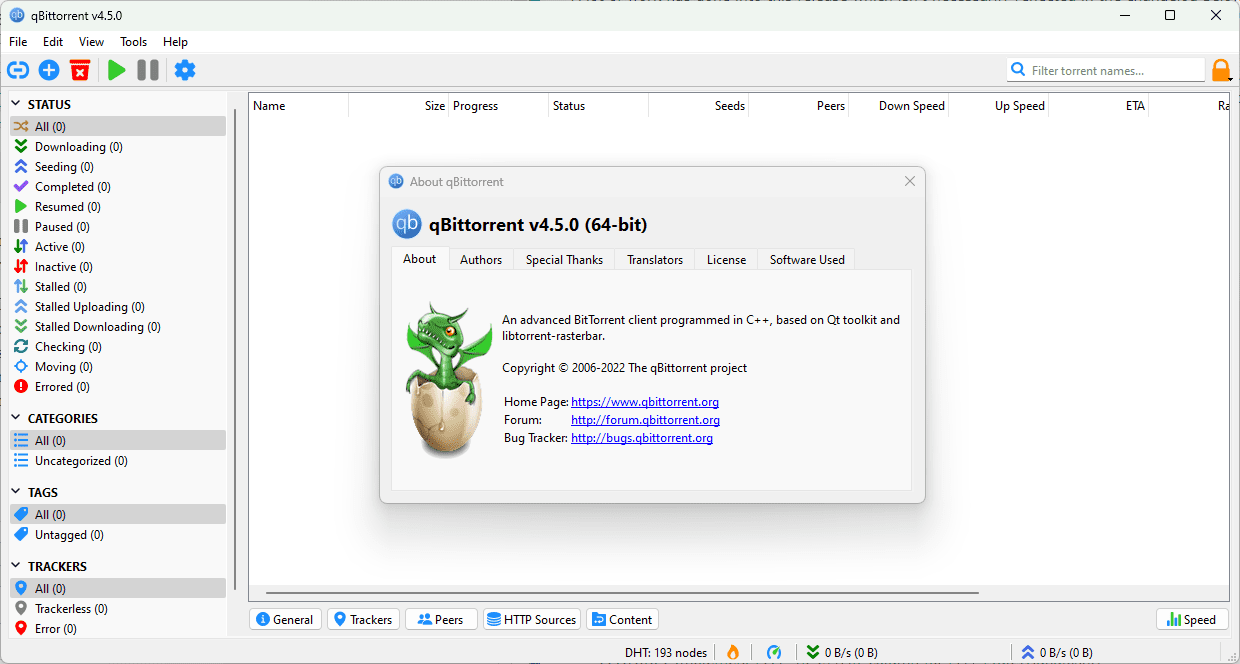
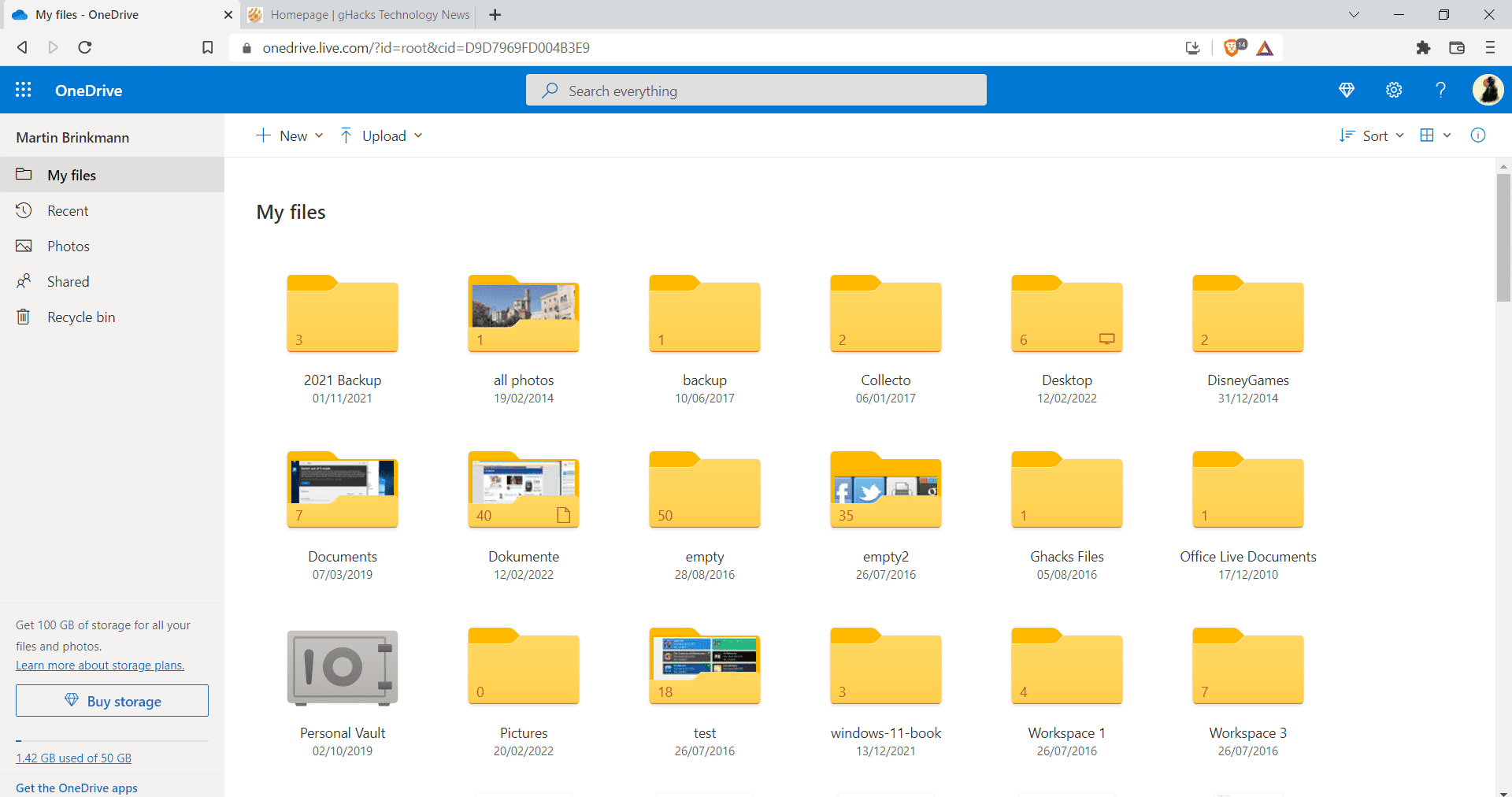
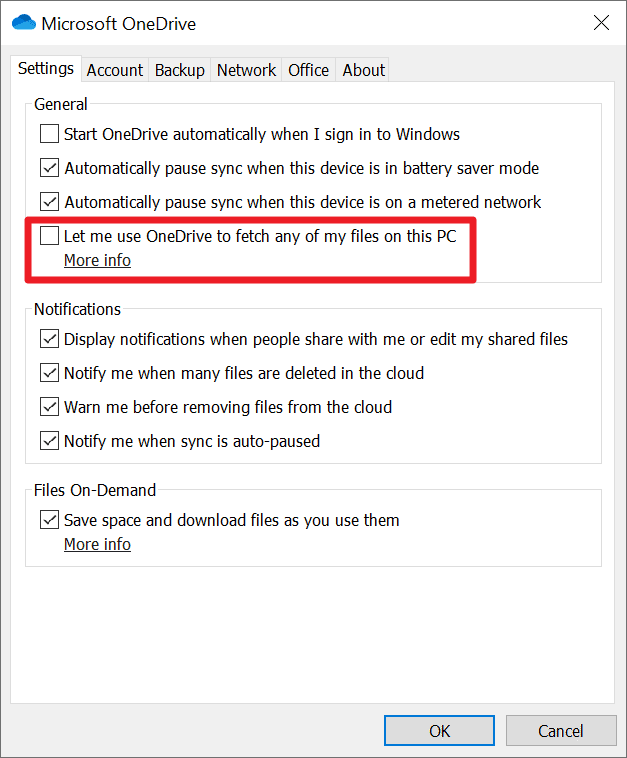
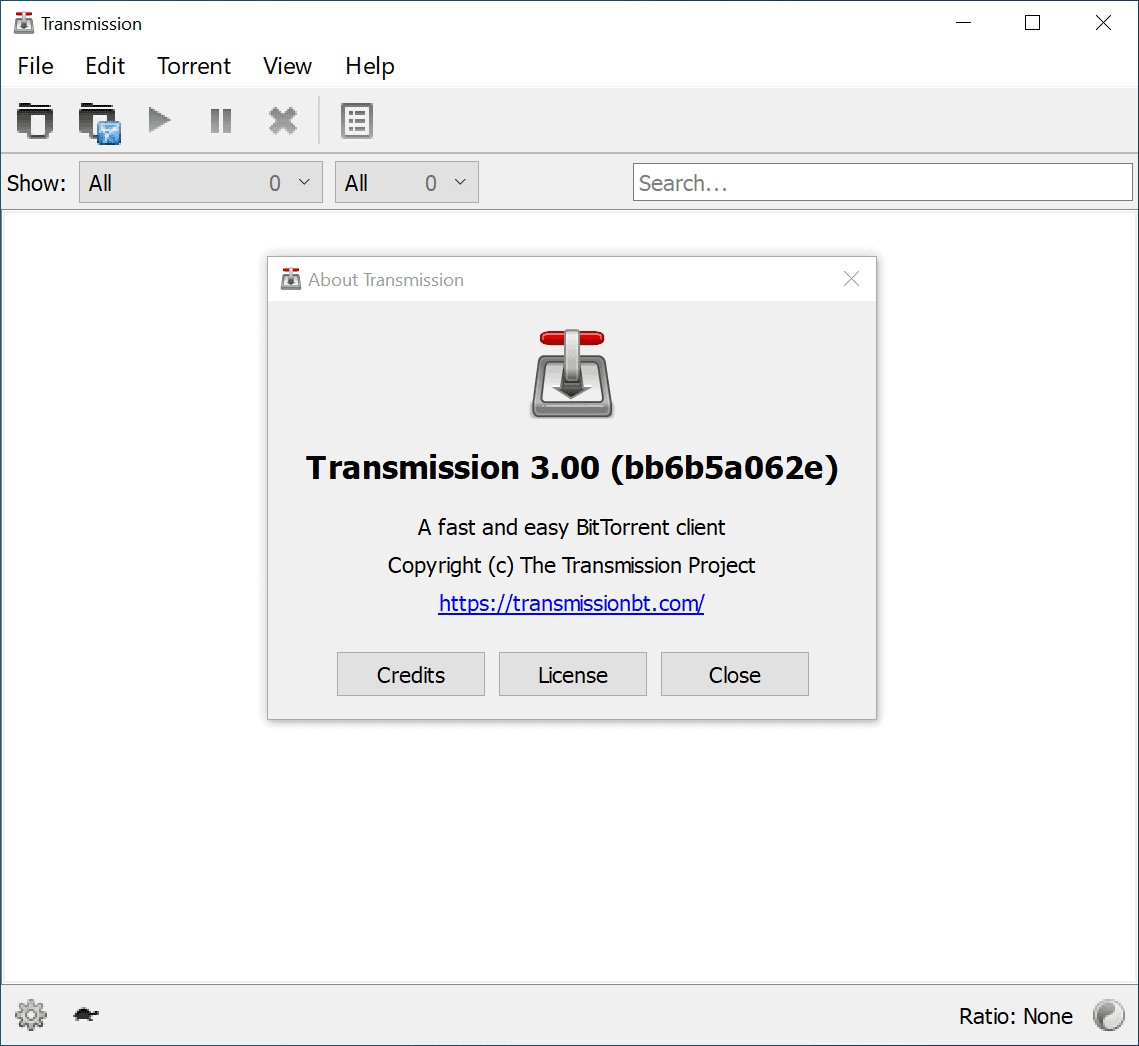
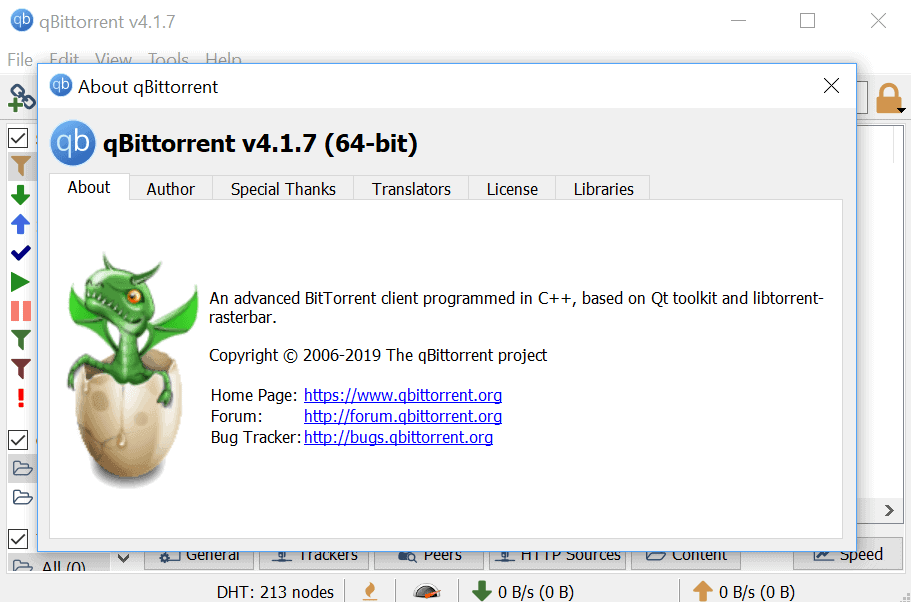
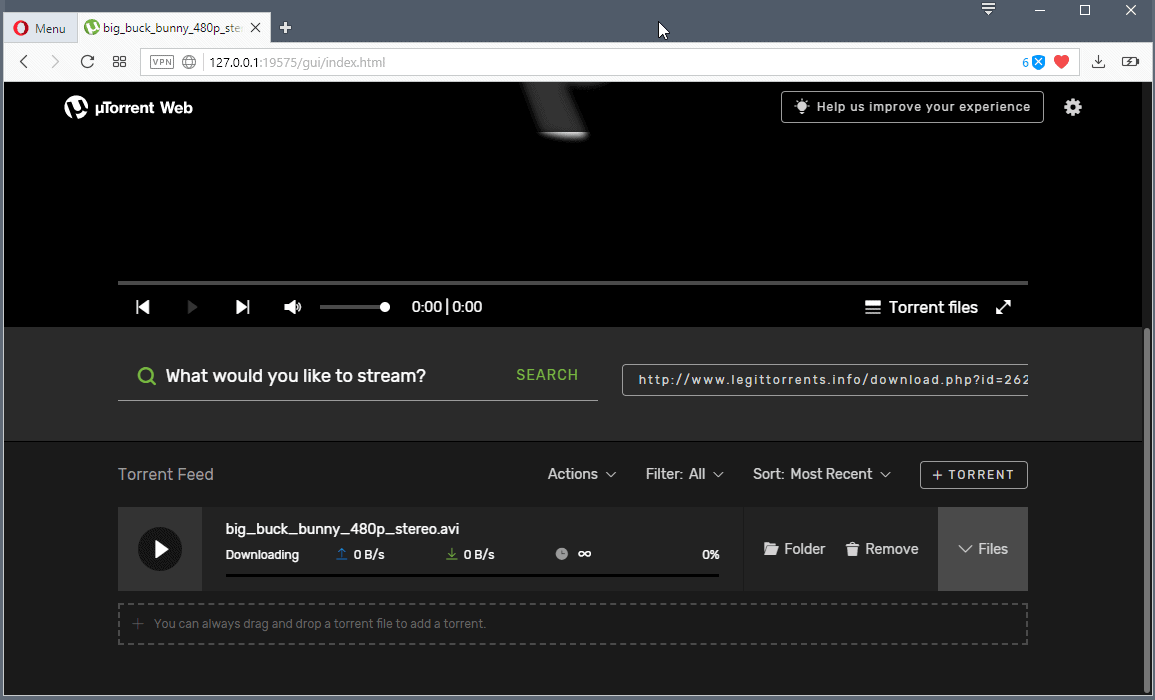



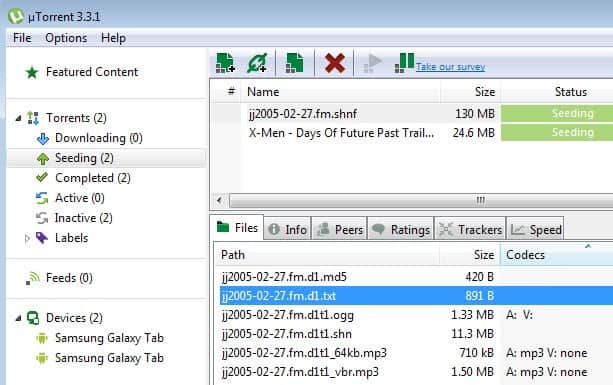










Protowall is not Open Source, but both tools seem to be designed for the same purpose. I don´t think it´s necessary to swap if you using one of them already.
Is this different / similar to PeerGuardian 2 (http://phoenixlabs.org/pg2/)